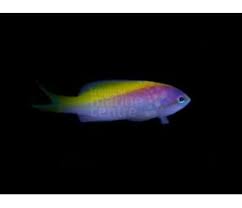
Dragons and Their Connection to Immortality and Eternity in Chinese Thought
In Chinese culture, dragons have long been revered as powerful, mystical creatures that represent more than just strength and fortune. Beyond their association with the elements, such as water and weather, dragons are intricately linked to profound concepts like immortality, eternity, and the eternal cycle of life. This article explores how dragons are perceived as…














